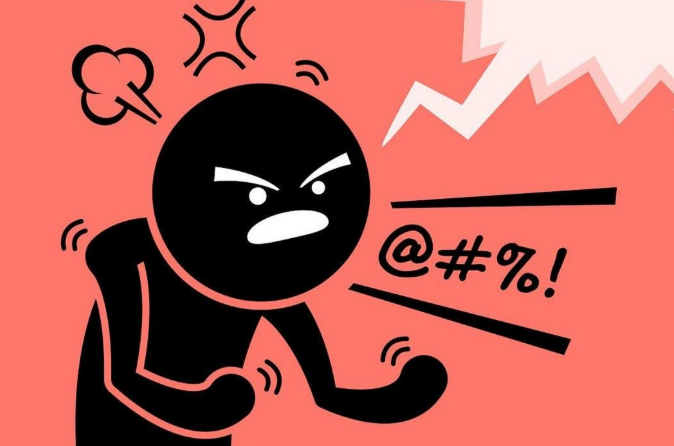The Alternative Für Deutschland Party (otherwise known as the AfD) is the radical right party of Germany. When first created, the AfD Party stood for liberal economics and conservatism but its anti-immigration views and German nationalism may pose a serious threat to Germany.
In order to understand the AfD’s rise to power, here’s a quick rundown of how the German government is structured: the Bundestag is the German Federal Parliament, which is made up of representatives voted directly in by the German people every four years. Through a party proportional representation system, the amount of seats a party has is determined, and representatives are voted to fill those seats. The minimum percent of votes to gain a seat is 5%, so many parties fill up the German Parliament. The 20th Bundestag is currently in session with 7 parties that hold seats along with some independents. The AfD party entered the Bundestag in 2014 winning 7 seats, and today it is the 5th largest party of the German Parliament. In its beginnings the party supported liberal economics and conservatism but throughout the years the AfD has come to represent anti-immigration, German Nationalism, and other far right policies. Today the AfD is facing serious backlash from the German public and may even be facing a party ban.
Germany has been facing a surplus of immigrants coming through the Mediterranean Sea and with them the problem of asylum seekers (those filing for protection due to being forcibly displaced from their home countries.) The Europe Union (EU) has recently made reforms of their asylum policies and allow any immigrant to apply for asylum upon entering a country in the union. The AfD not only opposes the EU altogether but is doubling down on their protest against the EU’s immigration policy. In fact the very nationalist party supports the practice of remigration, which would relocate immigrants in Germany to their home countries. The group allegedly held secret meetings to discuss the logistics of this plan including permitting deportation of people who moved to Germany calling them “non German” or “non assimilated.” Once this scandal broke loose the people of Germany took to the streets to protest the AfD with signs that read things like “Fascism is NOT the Alternative for Germany!” and “Stop the AfD! No Nazis in the Parliament!”
The party’s actions as a whole have introduced the possibility of banning the AfD as a party. The Social Democratic Party (SPD), currently the majority party in the Bundestag, are the main leaders of this cause. Frightened by Germany’s history of the Nazi Party and the similarities with it that the AfD party shares, politicians argue that the AfD is a threat to democracy in Germany. However, the Alternative Für Deutschland Party set to do very well in June’s European Parliament elections, with polls showing the party has 23% support in national polls, putting it second place. This brings the dilemma of the backlash of a party ban from not only the supporters of the AfD, but the country as a whole. Even members of the SPD are in disagreement on the idea of a party ban and some fear banning the party might lead to it gaining more supporters as it is so popular in the polls.
One thing is for certain and that is that Germany is facing major political unrest that some are comparing WWII Germany. The AfD could be a dangerous threat to the country if signs are ignored as they were in the 1930’s and 40’s.








